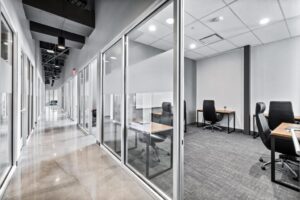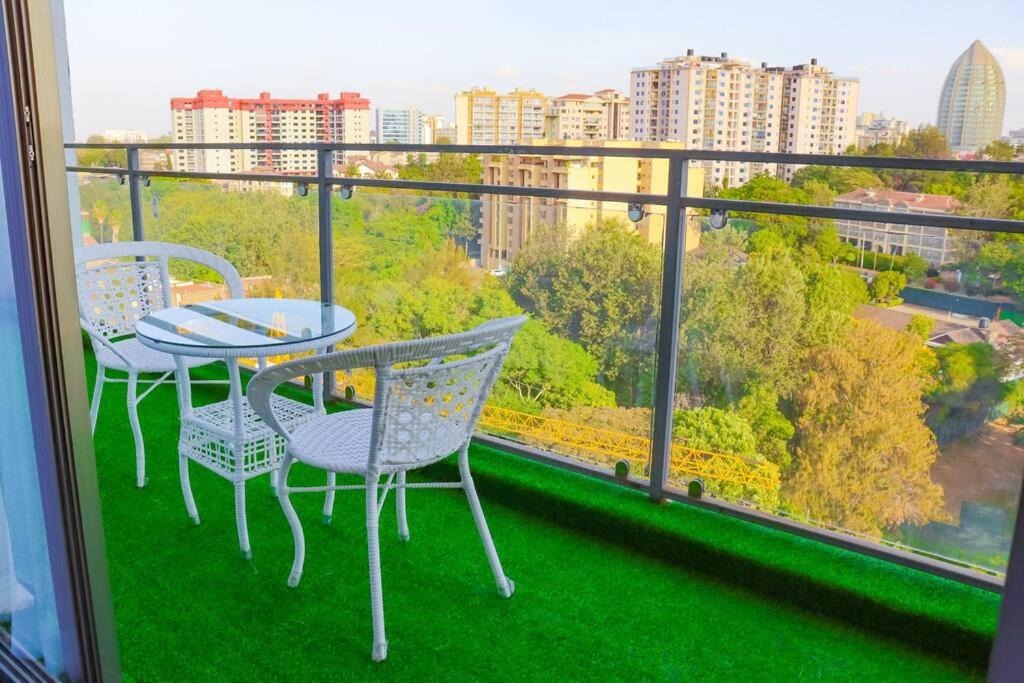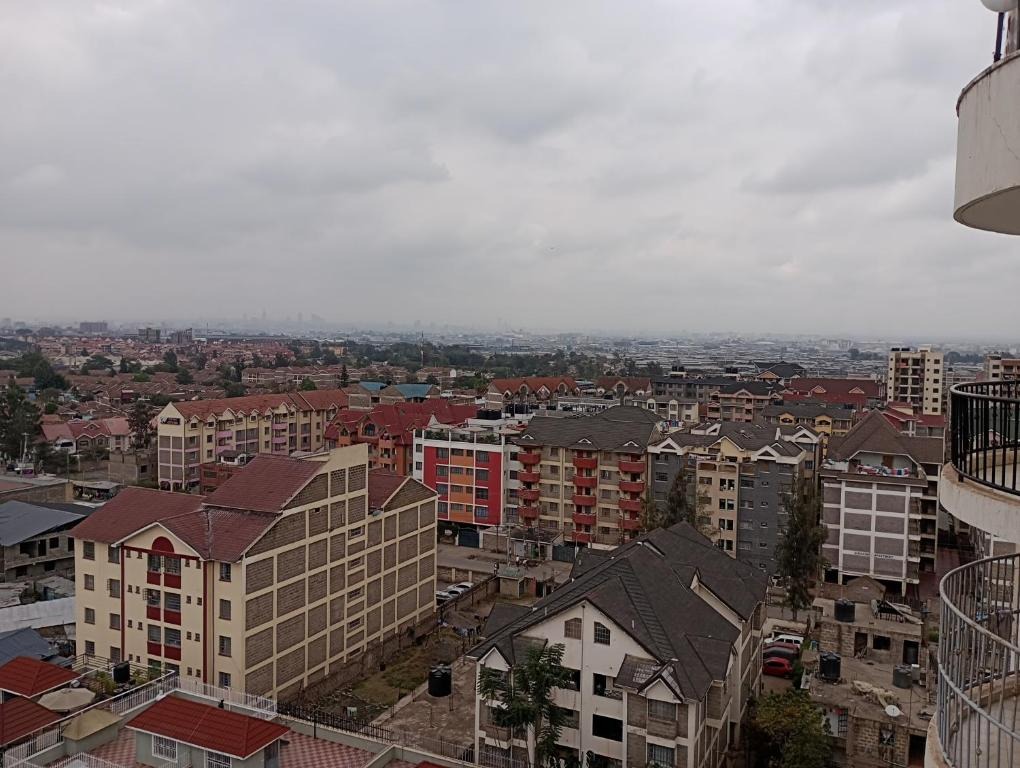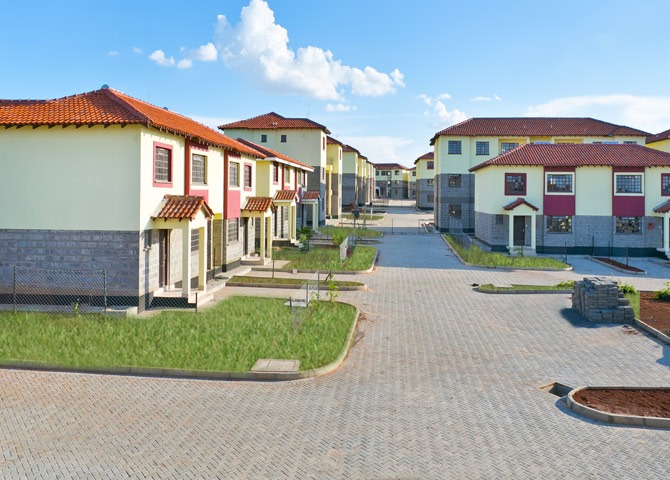
The seismic shift to remote work, accelerated by the global pandemic, has fundamentally transformed how we live and work. This evolution in the workforce has far-reaching implications for the residential real estate market, as new patterns of living and working redefine demand. This article explores the future of remote work and its influence on residential real estate, highlighting key trends and future forecasts.
Remote Work: A New Normal

The rise of remote work is not just a temporary response to a global crisis; it is becoming a permanent fixture in many industries. Companies worldwide have recognized the benefits of remote work, including increased productivity, reduced overhead costs, and enhanced employee satisfaction. As a result, a hybrid model combining remote and office work is expected to become the norm.
This shift has led employees to reconsider their living arrangements. With the need to commute diminished, workers are no longer tethered to city centers and can seek residences that offer a higher quality of life. This newfound flexibility is reshaping residential real estate demand in profound ways.
Suburban Boom and Rural Revival
One of the most noticeable trends driven by remote work is the suburban boom. Suburban areas offer larger living spaces, more greenery, and a quieter environment compared to bustling city centers. The appeal of owning a home with a backyard, home office, and proximity to nature has led many urban dwellers to migrate to the suburbs.
Rural areas are also experiencing a revival. Once considered too remote for daily commuting, these regions are now attractive for those who can work from anywhere. The affordability of rural real estate, combined with the promise of a slower-paced, community-oriented lifestyle, is drawing new residents. This trend is revitalizing small towns and rural communities, fostering economic growth and diversification.
The Rise of the Home Office
The home office has become a crucial feature in residential real estate. As remote work becomes more permanent, buyers and renters prioritize homes that offer dedicated workspaces. This shift is evident in the design and marketing of new developments, with builders incorporating flexible spaces that can serve as home offices, study areas, or multipurpose rooms.
Additionally, the demand for high-speed internet and robust home technology infrastructure has surged. Properties in areas with reliable broadband connectivity are more desirable, emphasizing the importance of technological amenities in future residential real estate markets.
Urban Real Estate Transformation
While suburban and rural areas are experiencing growth, urban real estate is undergoing a transformation. The exodus from city centers has led to a softening in demand for urban properties, particularly in high-density areas. However, this does not spell the end for urban living. Cities are adapting by reimagining urban spaces to cater to the changing needs of residents.
Urban planners and developers are focusing on creating mixed-use developments that combine residential, commercial, and recreational spaces. The goal is to make city living more attractive by enhancing the quality of life and offering amenities that support a hybrid work model. Green spaces, pedestrian-friendly streets, and community hubs are becoming central to urban redevelopment efforts.
Flexible Living Arrangements
The future of remote work is also driving demand for flexible living arrangements. Co-living spaces, which offer private bedrooms with shared common areas, are gaining popularity among young professionals and digital nomads. These arrangements provide affordability and a sense of community, along with flexible lease terms that cater to the transient nature of remote work.
Moreover, the concept of “workations” – combining work and vacation – is influencing real estate markets in popular tourist destinations. Properties in scenic locations that offer both leisure and work amenities are attracting remote workers looking to balance productivity with relaxation.
Investment Opportunities
The shift to remote work presents unique investment opportunities in the residential real estate market. Investors are keenly observing trends and adapting their strategies to capitalize on changing demands. Suburban and rural properties are becoming hot investment targets due to their growing appeal. Meanwhile, urban properties, though currently experiencing a dip, may present long-term opportunities as cities transform to meet new needs.
Real estate technology, or proptech, is also gaining traction. Innovations such as virtual tours, digital transactions, and smart home technologies are enhancing the real estate experience for buyers, renters, and investors alike. Investing in proptech companies or incorporating these technologies into property portfolios can yield significant returns.
Challenges and Considerations
Despite the positive trends, the future of remote work and its impact on residential real estate is not without challenges. Infrastructure in suburban and rural areas needs to be upgraded to support increased populations, including transportation, healthcare, and education services. Additionally, the environmental impact of expanding suburban and rural developments must be carefully managed to ensure sustainable growth.
Affordability remains a critical issue. While remote work offers the potential for more affordable living options, rising demand in suburban and rural areas can drive up prices, potentially displacing long-term residents and exacerbating housing affordability issues.
Conclusion: Embracing the Future

The future of remote work is reshaping residential real estate demand in unprecedented ways. From the suburban boom to the rise of flexible living arrangements, the landscape is evolving to meet the needs of a more mobile and flexible workforce. By embracing these changes and addressing the associated challenges, the real estate industry can unlock new opportunities and contribute to more balanced and sustainable living environments.
As remote work continues to define our way of life, its influence on residential real estate will remain a critical area of focus for developers, investors, and policymakers alike. The journey ahead promises innovation, growth, and a reimagining of how and where we choose to live.







